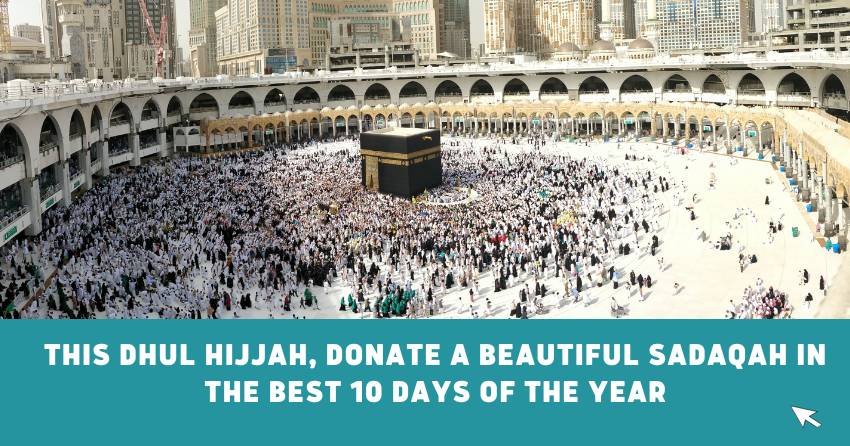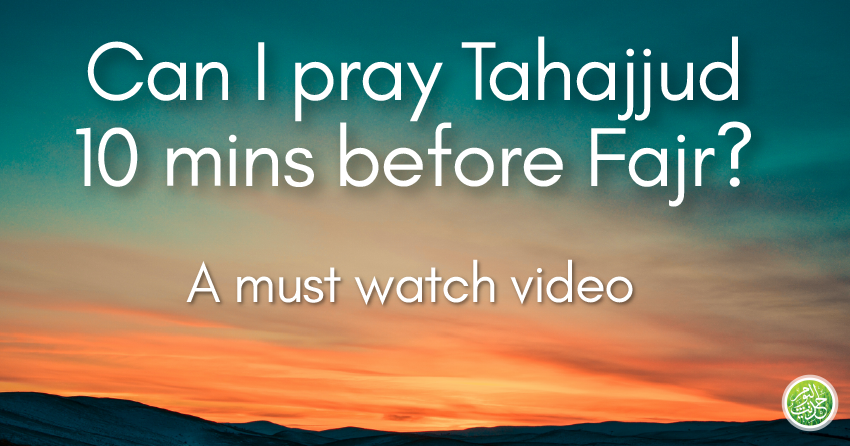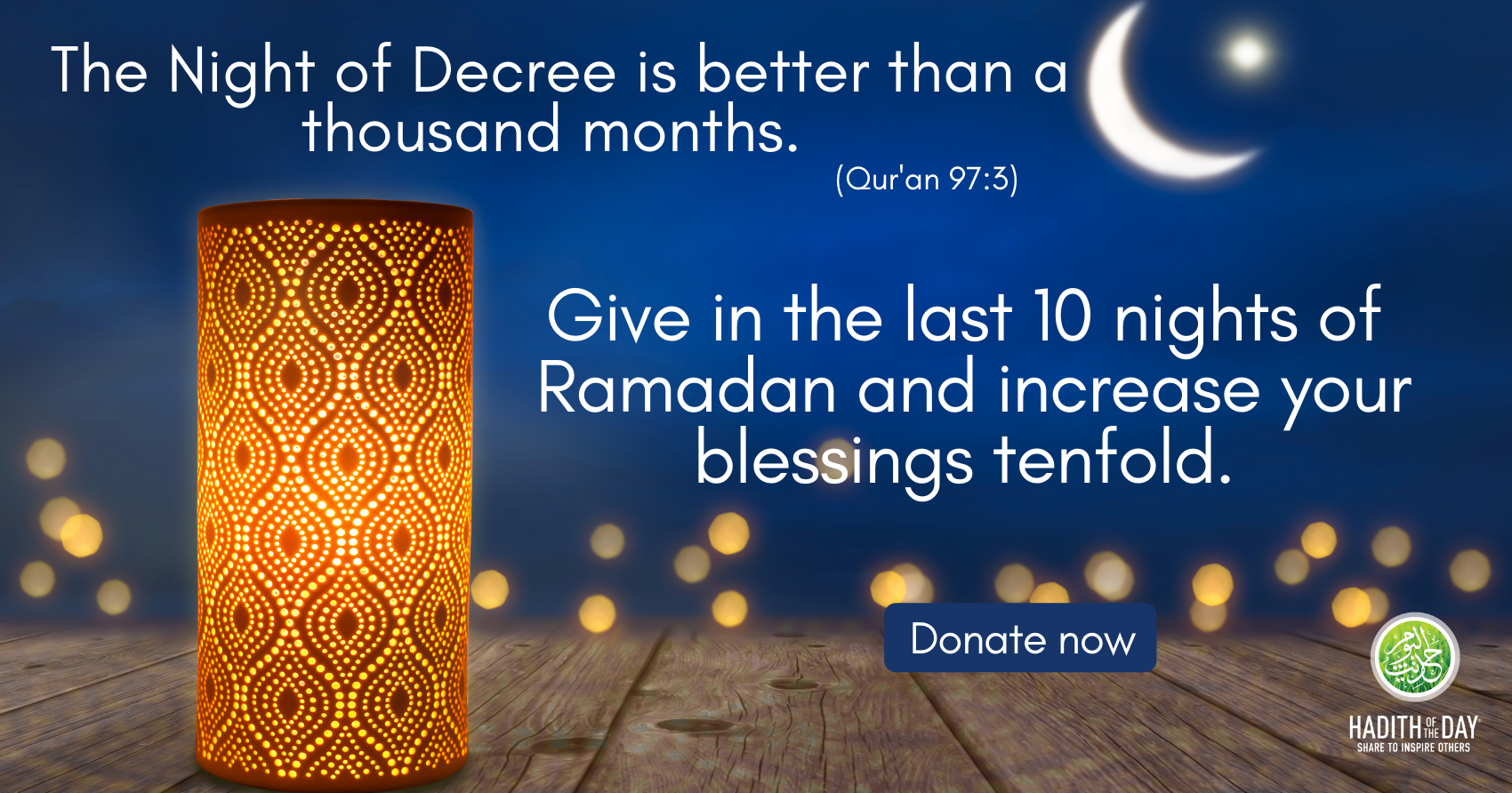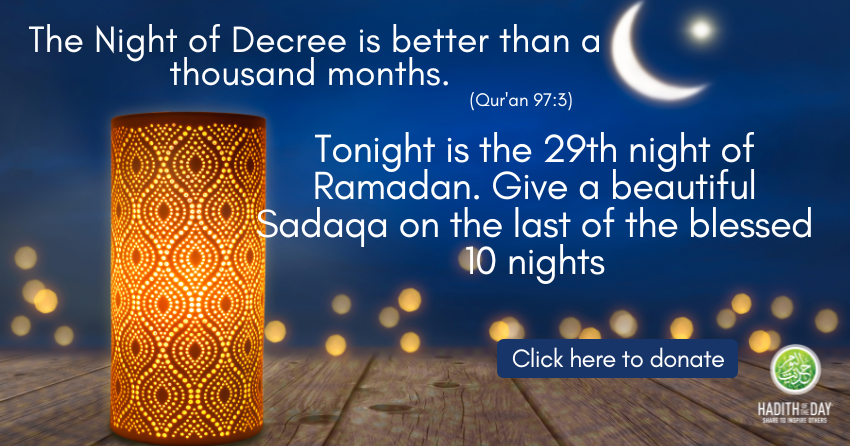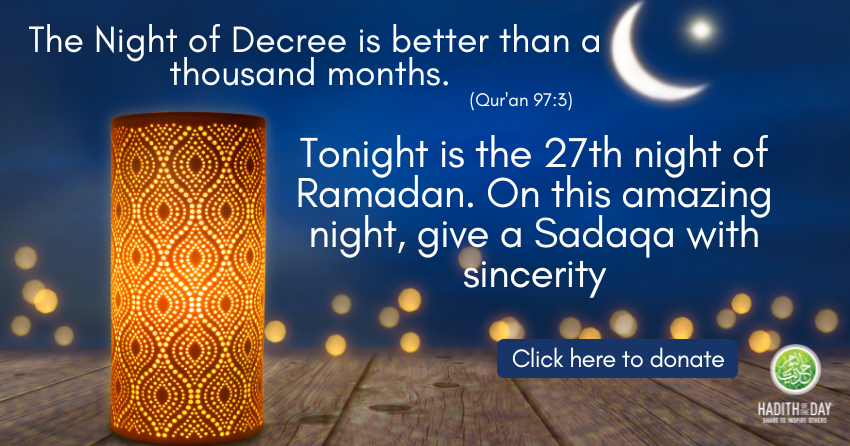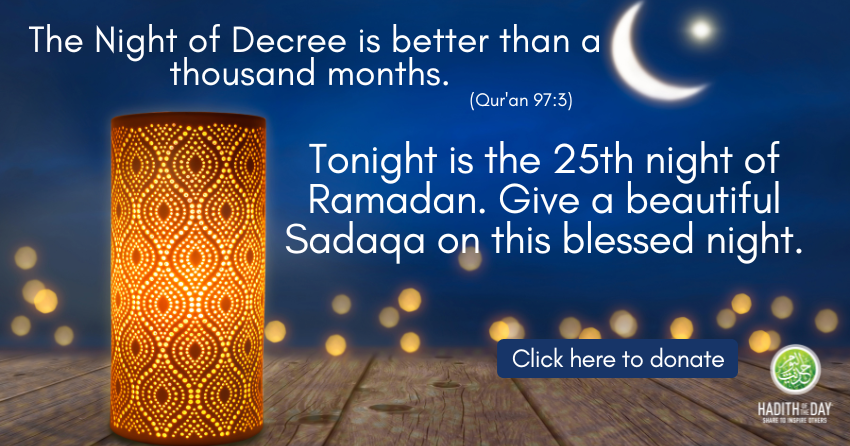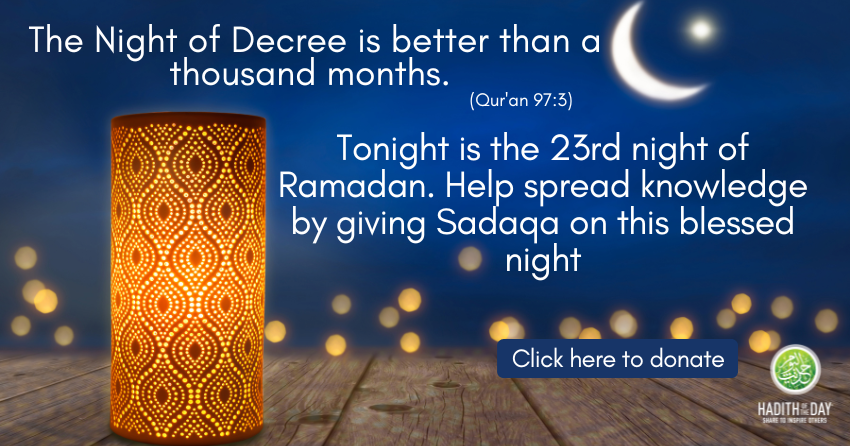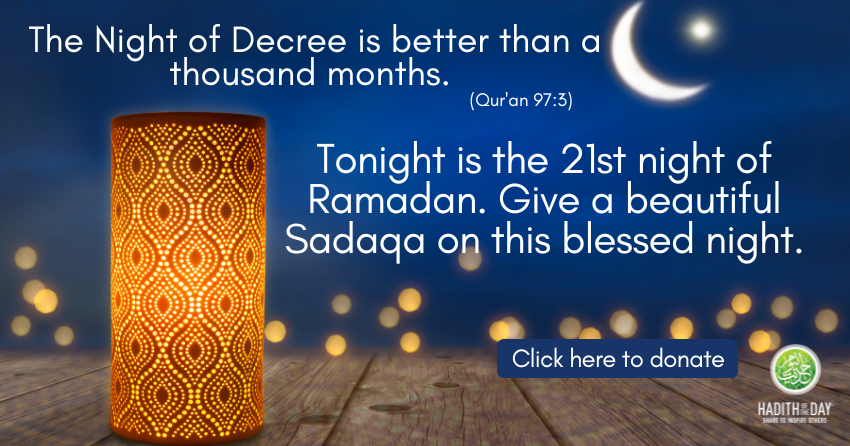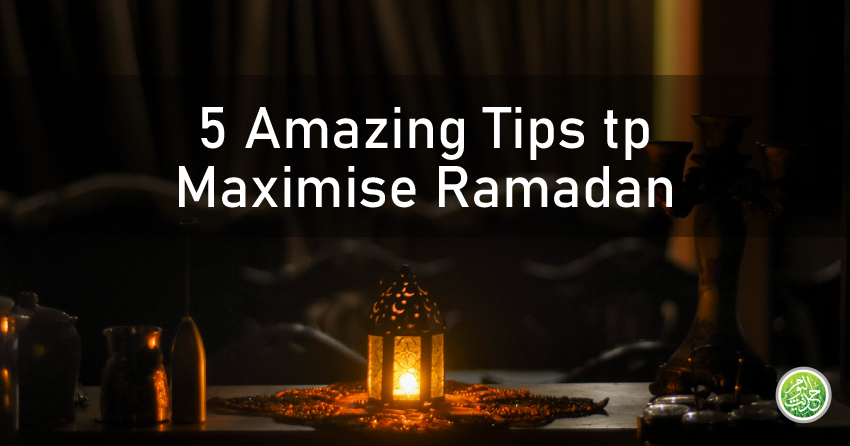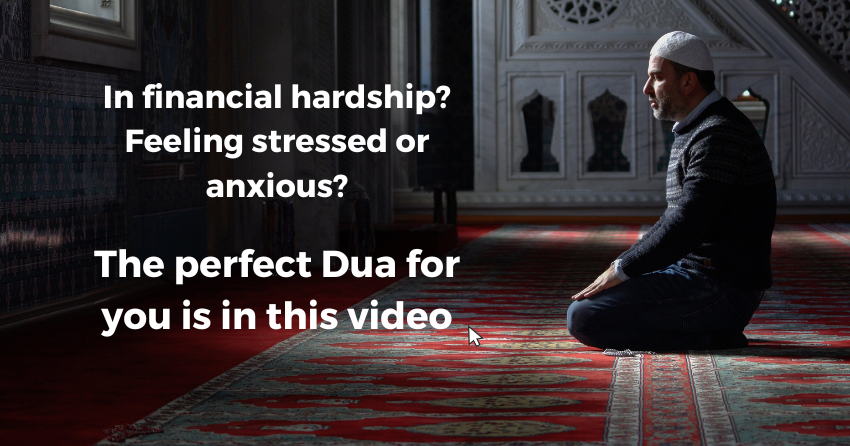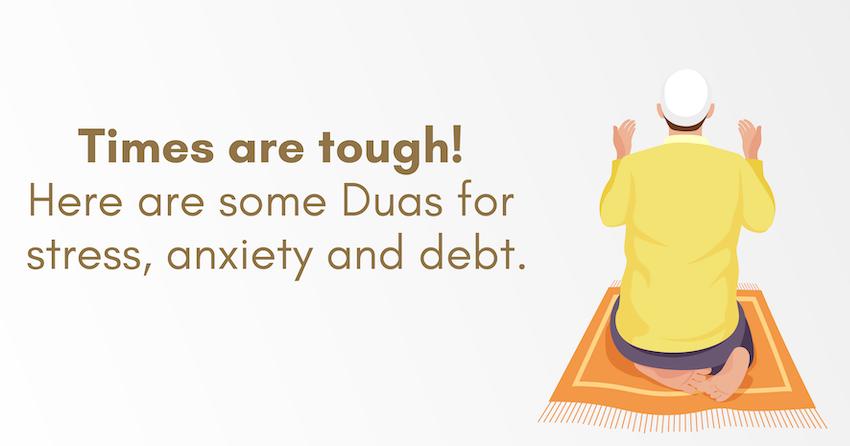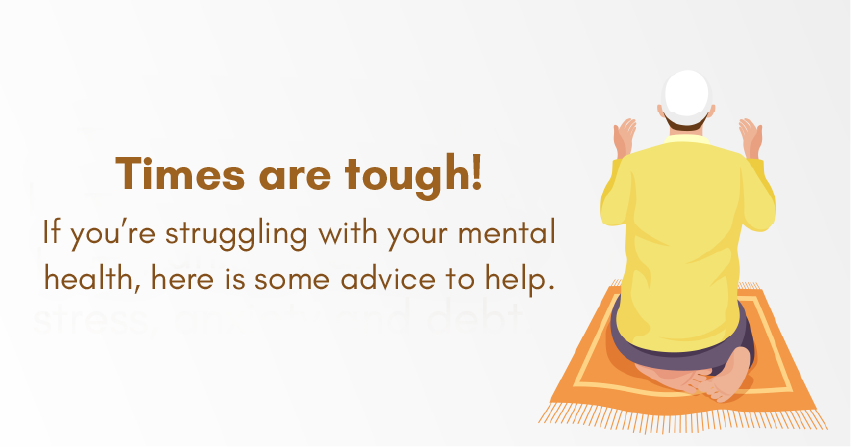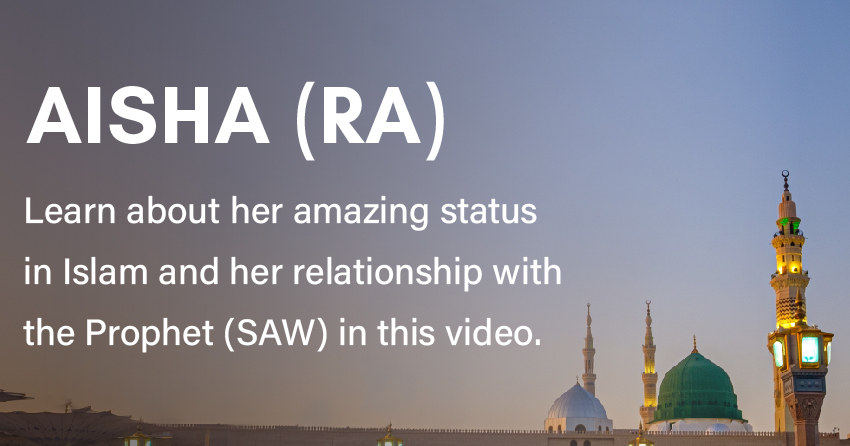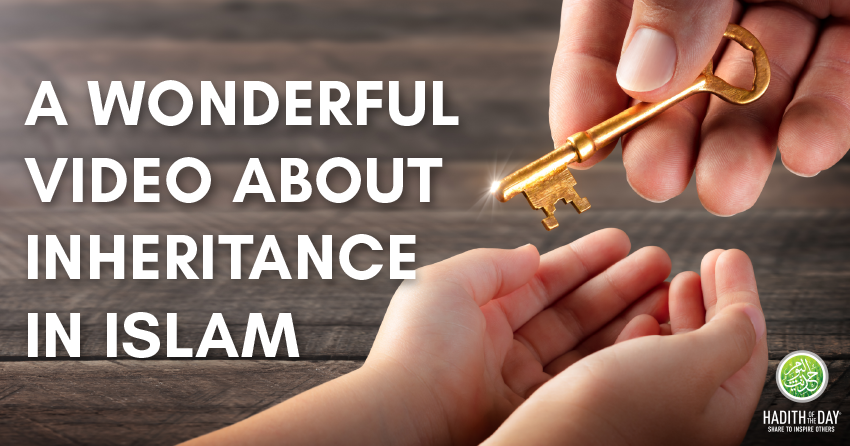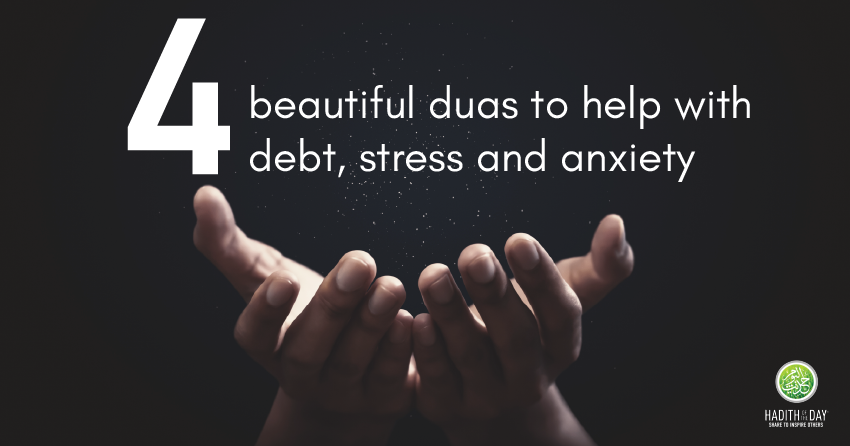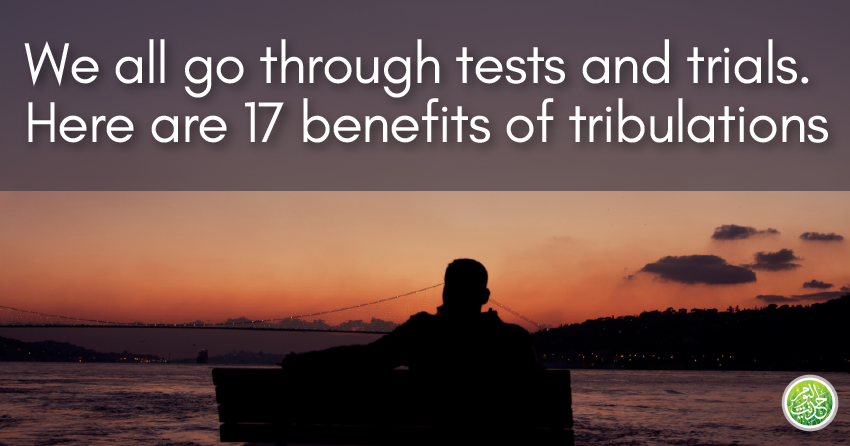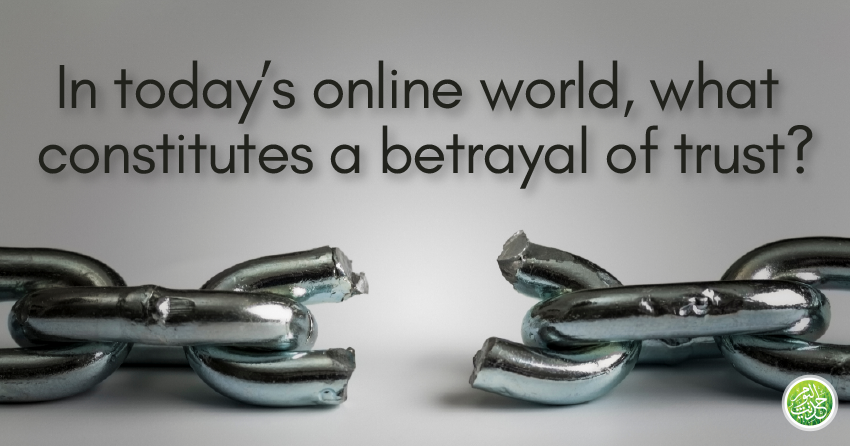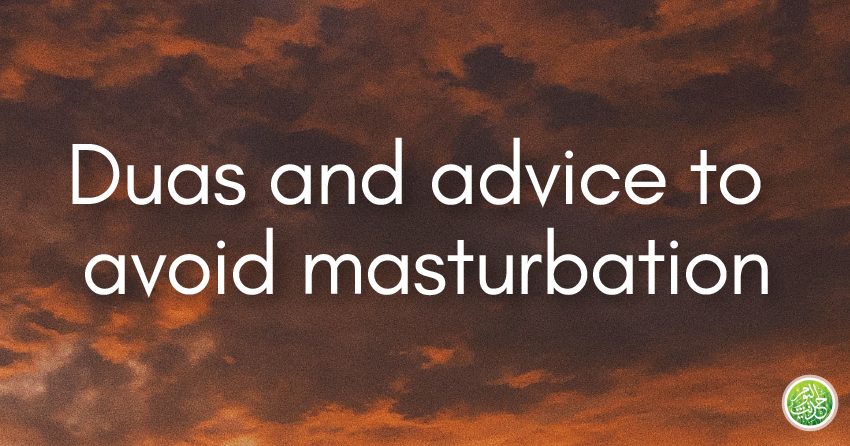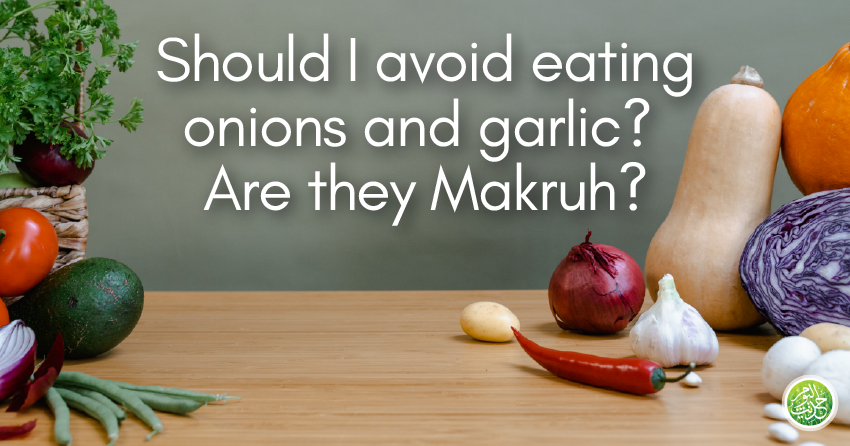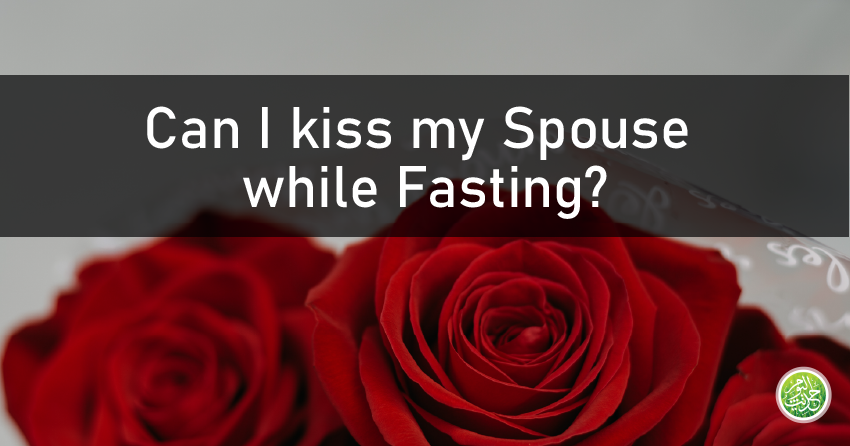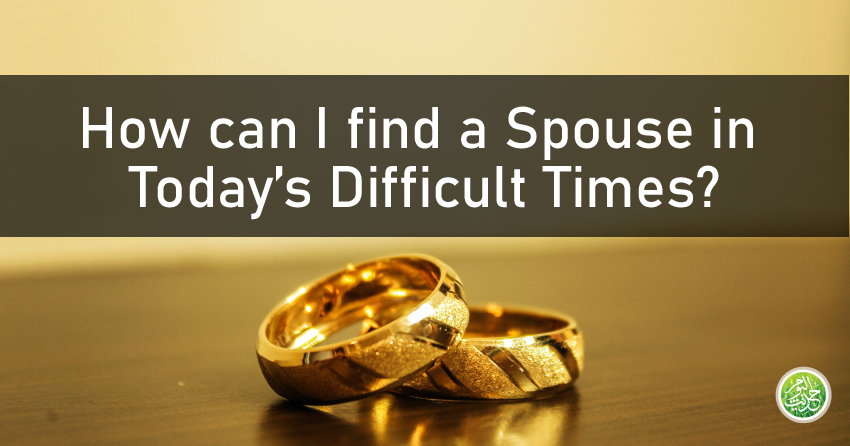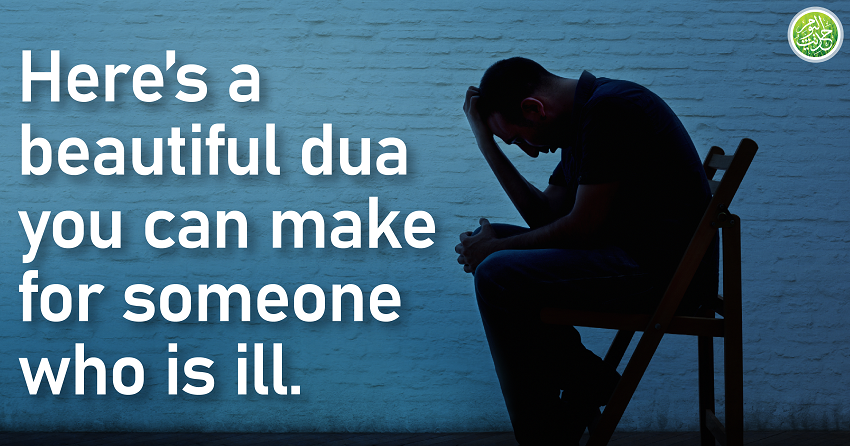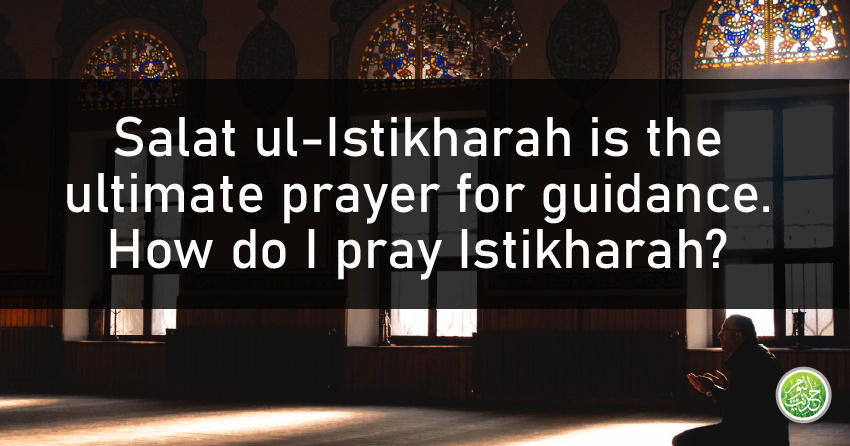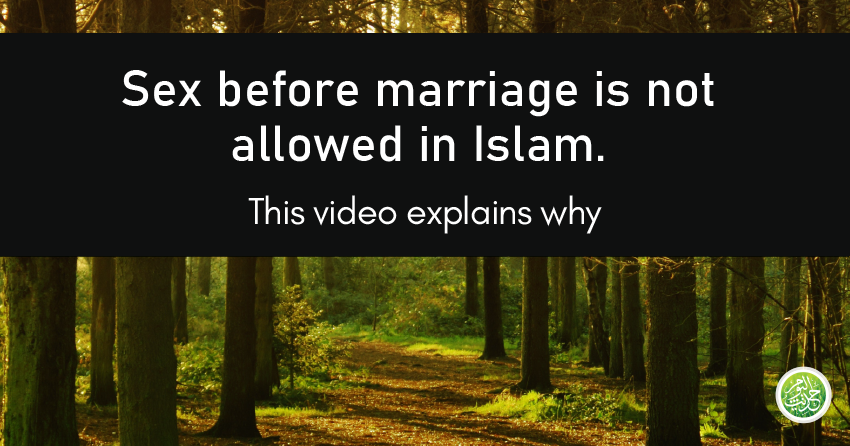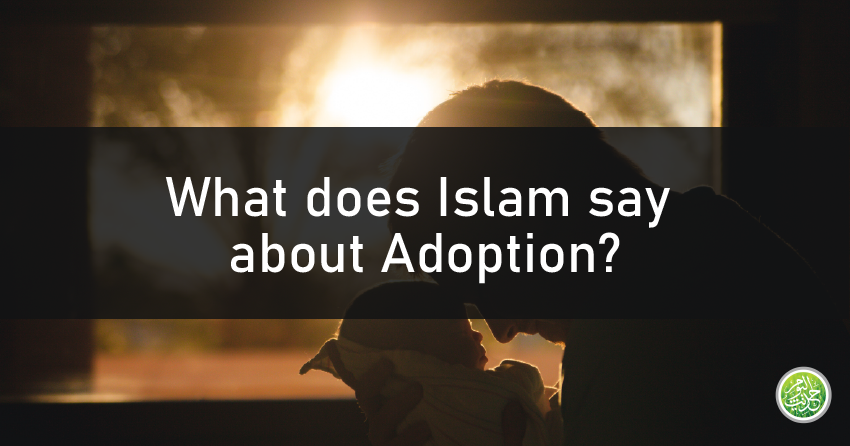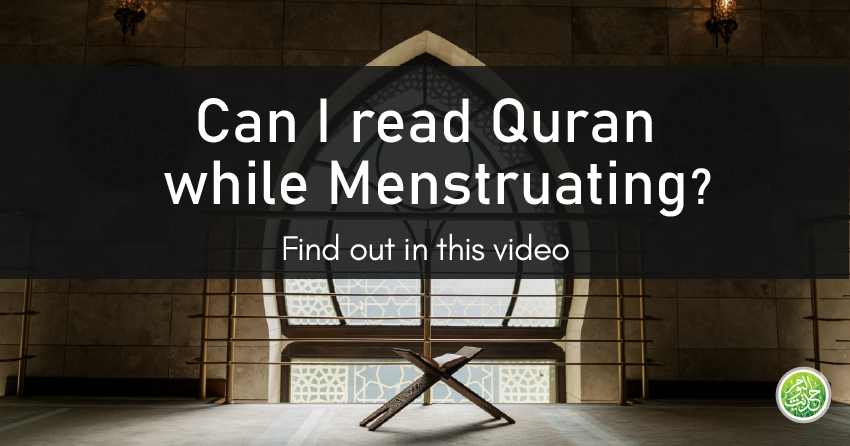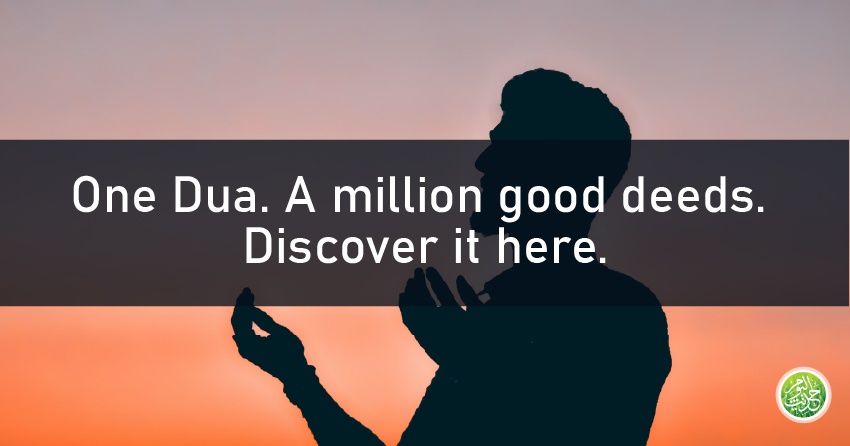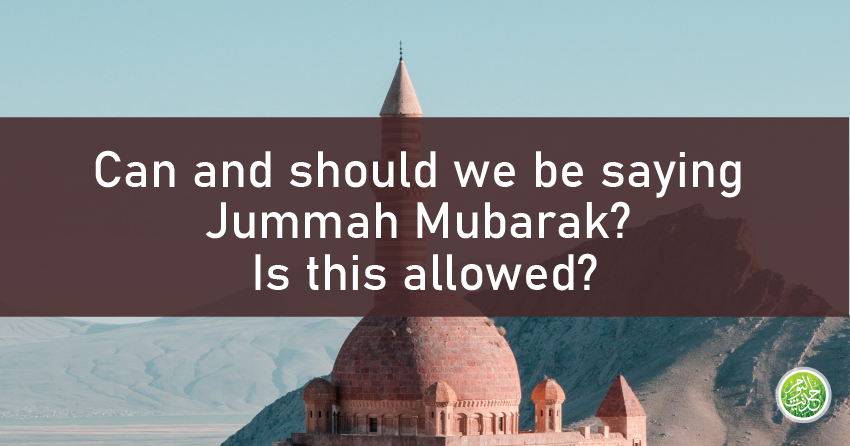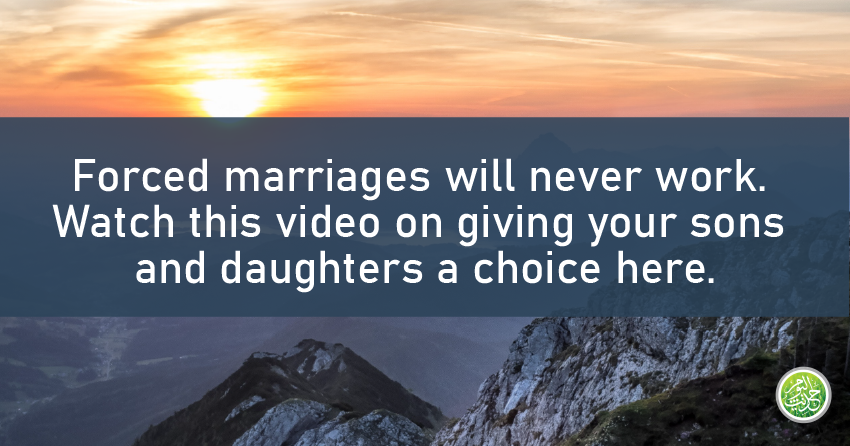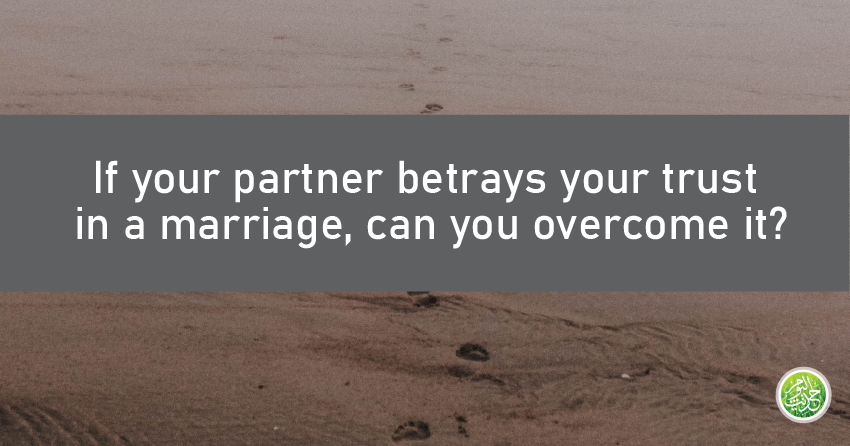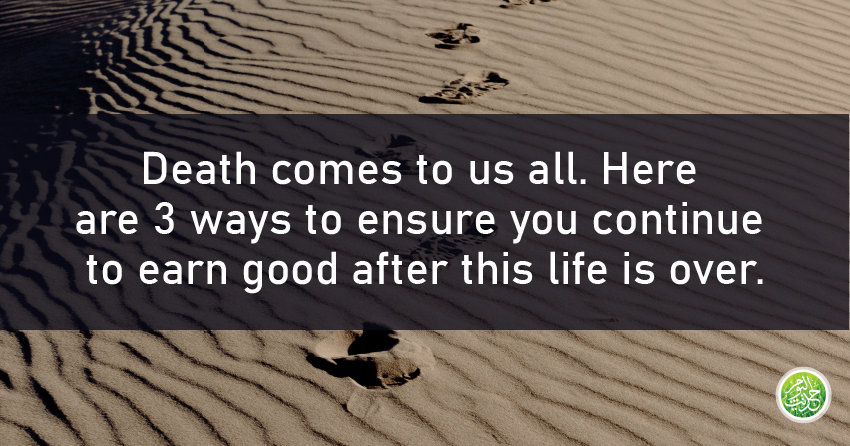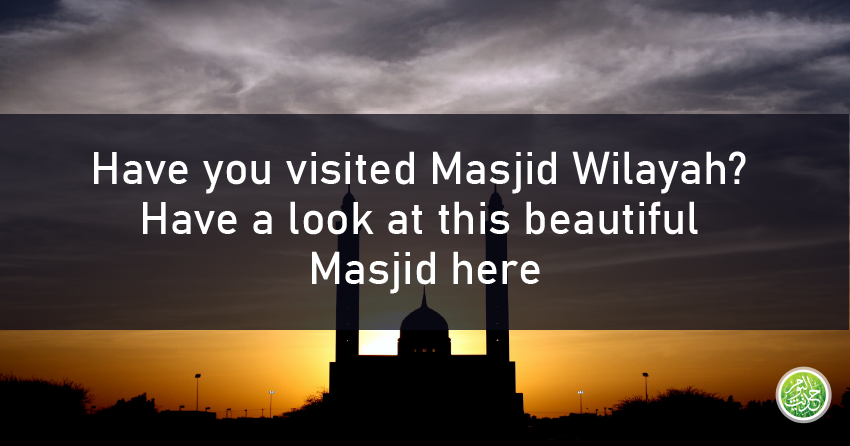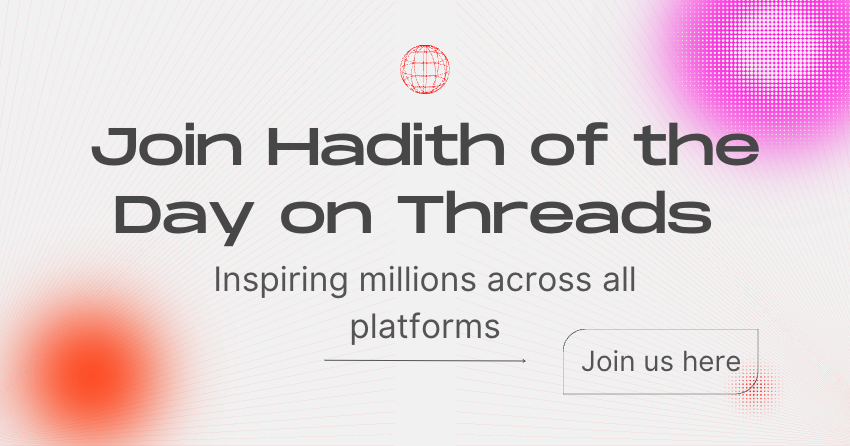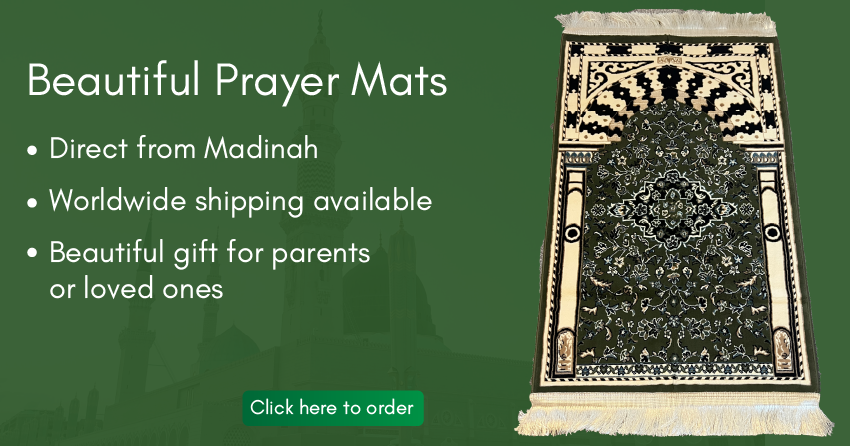The poor are religious?

Poll results and mainstream media suggest that higher levels of poverty equate with higher levels of religious adherence. Broadly speaking, this generalization appears to hold true.1 However, correlations of this nature do not occur in isolation. Wealth and poverty are also correlated with regional location, leading some to suggest that wealth and poverty are linked with geography.2 Correlations can also be made between poverty and education, crime and a host of other social and economic factors. A critical analysis of the link between poverty and religious adherence is important because, based upon this claim, some suggest that religion is only “useful” as a means to address insecurity, instability, uncertainty and stress. Indeed, some turn to faith in times of need (e.g. Qur’an, 10:22). The claim that there is no inherent need or value of faith, for anyone at anytime, beyond a coping mechanism is what we suggest requires critical scrutiny.
Is it true?
These claimed linkages are limited to statistical correlations, not causations. In other words, the global polls describe a trend, but do not offer an explanation as to why that situation exists. The cause depends on how the data is interpreted and what other factors are sufficiently accounted for. The selection of data can influence the trends that are identified. However, does the statistical data confirm that these correlations exist? Our recent paper sought to clarify this and related questions.3
We first point out that it is quite easy to identify case studies to “prove” a point. Almost two-thirds of Senegalese live in extreme poverty, and the vast majority are religious. At the same time, Qatar has the highest GDP per capita in the world, wherein the majority are religious. To overcome the challenges of selectively using data, we utilized a Pew Research Center data set of more than 38,000 interviews conducted in 114 countries, and focus on Muslim majority countries (80% or greater). The findings suggest the picture is far more complex than the one presented in popular media and polls:
- The relationship between higher GDP per capita and a greater percentage of Muslims in the population is weak and insignificant. In other words: wealth or poverty in Muslim-majority countries is not correlated with greater or fewer identifying with the faith.
- There was no relationship between higher GDP per capita and the percentage of people that pray several times a day. In other words: the level of wealth did not impact on how frequently or regularly people pray.
Other findings also suggest that the “link” between poverty and religion is complex. For example, there are strong geographical trends with regard to religious practice, suggesting that poverty is not the primary factor affecting religious adherence. Also, higher GDP was correlated with declining support for Islamic Law; this suggests that politics (i.e. the political implementation of “Islamic Law”) play a significant role (recall that economic status was not correlated with the number of people who regularly pray, but support for “Islamic Law” was).
All of these statistics are “playing the same game” in that we are only able to describe trends, but not understand the causes of them. Nonetheless, we find that the statistical claims being made are incorrect (or, at best, only part of the story). We also explore lived experiences of Muslims in South Africa, a country where significant rises in GDP per capita have taken place. The diversity of experiences confirms that the relationship between poverty and religious adherence is complex, with some people becoming more religious and others not as wealth rose. The life stories align with our statistical data: there is no correlation with religious practice and wealth (or poverty) and certainly no evidence to suggest causation. Like the global data, the life histories indicate that local and regional history, politics, culture and society have a far greater influence on religious adherence than economic status.
Viewed from another perspective:
We also explore the theological perspective of poverty in Islam, all of which reinforce the complexity of the issue. For example: specific economic indicators are commonly used to measure poverty, but the theological conceptualization of material poverty includes diverse definitions, such as the poor (fuqarāʾ), the destitute (masākīn), chronic or temporary poverty (e.g.: ibn al-sabīland ghārimīn). Furthermore, like the Noble Prize winner Amartya Sen,4 they suggest the need to distinguish between intentional asceticism (zuhd) and material poverty. Islam also conceptualizes a different form of poverty, separate from material and economic status: spiritual poverty. Popular media and the polls do not take any of these factors into account. In fact, we suggest, the theological tradition can enhance our understanding of poverty and its various manifestations.
The Prophetic tradition provides insight into the way poverty can be understood, as the Prophet Muhammad ﷺ (peace be unto him) made the supplication: “I seek refuge with You [God] from poverty,”5 which he encouraged others to do as well.6 At the same time, there are warnings against wealth: “By God I do not fear poverty for you, but I fear that you will lead a life of luxury as the past nations did, whereupon you will compete for it as they competed for it, and it will destroy you as it had destroyed them.”7 As well as: “Is it poverty that you fear? By the One in Whose Hand rests my soul, this world will come to you in plenty, and nothing will cause the heart of anyone of you to deviate except that.”8 These narrations suggest, as does the entirety of the Qur’an and Prophetic traditions, that life ought to be lived in moderation, avoiding excessiveness to the best of one’s ability, and pointing to the inherent dangers of extremes.
Take-away messages:
- Claims of religiousness and poverty are, at best, correlations, not causations.
- Statistical data that demonstrates the connection between religious practice and wealth (or poverty) is, at best, weak.
- Lived experiences confirm the complexity of this relationship and the diversity of responses to wealth and poverty.
- Religious adherence is correlated with geographical location more than economic situation.
- Local politics, history, culture and society appear to have much greater influence on religious adherence than economic situations.
- Islam offers unique insight into how poverty and wealth can be understood, particularly in understanding the diverse manifestations of poverty.
- The Prophetic traditions warn against the problems of poverty and wealth, pointing towards moderation and moderate living.
- Islam postulates its adherents to have a mutual obligation to one other, and humanity at large, to alleviate poverty and the burdens of others, while at the same time supporting others to avoid the ills associated with extreme wealth.
Proudly brought to you by Virtual Mosque, more Virtual Mosque can be found at https://www.virtualmosque.com/society/education-and-science/the-poor-are-religious/
Since You’re Here… we have a small favour to ask.
In these extraordinary times, millions rely on HOTD for daily uplifting & inspiring content. Established since 2009 and with your kind support we’ve seen readers elevate their Imaan & strive for better on a daily basis. We’re committed to keeping our content freely available and open for all readers. Every contribution, however big or small, makes a difference and help us spread knowledge to millions daily
HOTD is something special, it’s a place where people can come to be inspired, to renew their faith, to learn and share knowledge, to fall in love with our faith and also our Prophet (peace and blessings be upon him and his family).
All content on HOTD is free. We believe what we do in this life builds for the next one and we work tirelessly with the aim to please Allah and inspire the global Muslim community as
well as providing information and inspiration for anyone interested in Islam. We simply cannot do this without your support and your support helps us continue our services.
If there were ever a time to join us, it is now. You can support HOTD and help sustain our future. Support Hadith of the Day and make a one-off donation or give regularly from as little as £10 a month Jazak’Allah Khayr – whatever you donate will come back to benefit you Insha’Allah as whatever is spent in the way of Allah is an investment in the future and the next life. Thank you.






